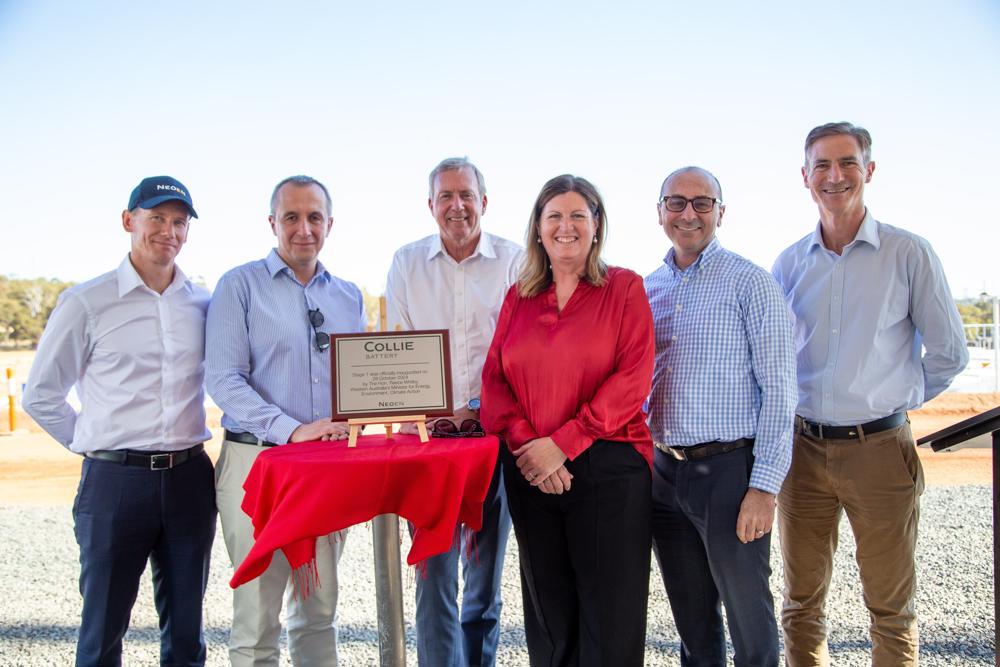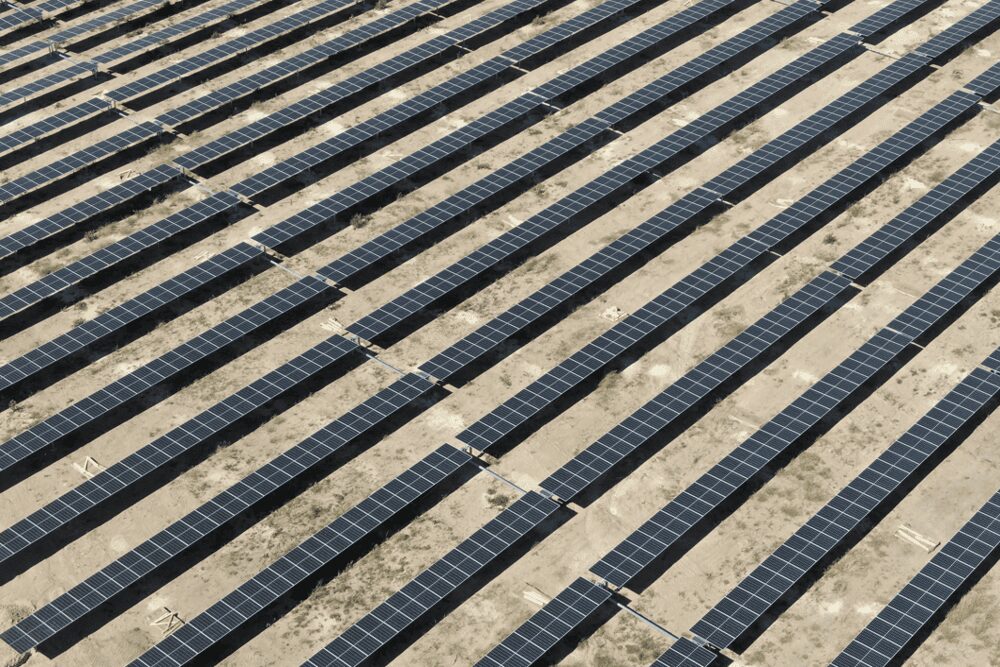
In a recently released report, the International Energy Agency’s World Energy Outlook 2024 has unveiled a transformative shift in global energy dynamics, heralding the dawn of the “Age of Electricity” powered by renewable sources.
The comprehensive analysis reveals a surge in clean energy investments, approaching a staggering US$2 trillion, nearly doubling the combined expenditure on traditional fossil fuels like coal, oil, and gas.
The report highlights unprecedented growth in solar and wind energy sectors, although this expansion is occurring alongside an increase in overall energy demand.
Despite projections indicating that climate pollution from fossil fuels may peak by 2030, experts warn that a more rapid decline is necessary to mitigate the escalating risks of climate-related disasters.
A key finding of the report points to an impending global surplus in oil and gas supplies during the 2020s.
The continued expansion of gas infrastructure is deemed unnecessary and potentially counterproductive, as it may displace much-needed renewable energy sources.
Greg Bourne, Climate Councillor, energy expert, and former President of BP Australasia, offered his insights on the report’s implications for Australia: “Australia doesn’t need any new coal or gas.”
He emphasised that the International Energy Agency’s findings clearly indicate the necessity for Australia to focus on expanding its abundant solar and wind resources.
Bourne further highlighted Australia’s remarkable progress in renewable energy adoption, citing it as the most rapid increase globally in the five years leading up to 2023.
This growth is attributed largely to the widespread adoption of rooftop solar by Australian households and businesses, coupled with the installation of thousands of household and community batteries.
The report’s findings align with Australia’s ongoing energy transition, as coal-fired power generators are phased out and global demand for coal and gas begins to decline.
Bourne cautioned against further expansion of fossil fuel industries in Australia, describing it as “a recipe for climate and economic chaos”.
As major importers of Australian fossil fuels, such as Japan, South Korea, and China, pivot towards renewable energy to reduce their carbon footprint, Bourne emphasised the critical importance of regional cooperation in clean energy development.
He urged Australia to seize this opportune moment to accelerate its transition away from fossil fuels and capitalise on its clean energy advantages.
“This is the right moment for Australia to power past fossil fuels like coal and gas and build out more renewable energy projects,” Bourne concluded — highlighting the significance of this shift for Australia’s energy security and affordability in an increasingly electrified world.










